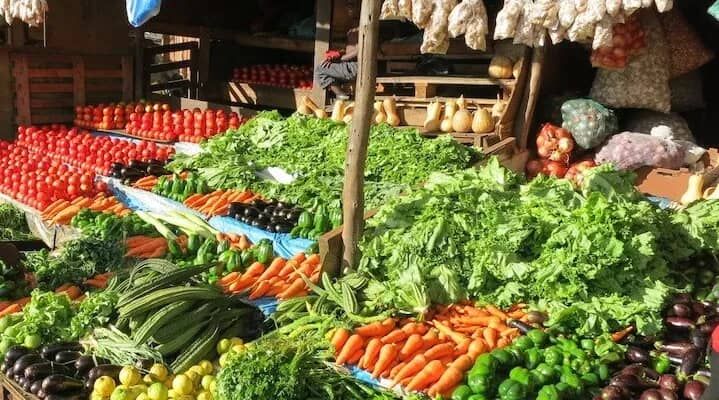By Burnett Munthali
Wilson Banda, the Governor of the Reserve Bank of Malawi (RBM), has expressed optimism that the inflation rate will begin to decrease in the upcoming months. This comes in the wake of recent economic challenges, particularly the sharp increase in inflation attributed to soaring maize prices in certain regions of the country.
In a statement addressing the media, Governor Banda highlighted that the recent spike in inflation was primarily driven by the elevated landing price of maize, which has adversely affected consumer prices across various sectors. He underscored the importance of stabilizing maize prices as a crucial step towards mitigating inflationary pressures and ensuring economic stability.

“Despite the current challenges, we are hopeful that inflation will start to ease in the coming months,” Governor Banda remarked. He pointed to ongoing efforts by the government and relevant stakeholders to address the root causes of the inflationary trend, including measures aimed at stabilizing food prices and enhancing agricultural productivity.
The Reserve Bank of Malawi has been closely monitoring economic indicators and implementing monetary policies designed to support sustainable economic growth. Governor Banda reiterated the central bank’s commitment to managing inflation effectively while promoting financial stability and fostering a conducive environment for economic recovery.
As Malawi navigates through these economic challenges, the outlook for inflation remains a focal point for policymakers and economists alike. The anticipation of a gradual decline in inflation reflects cautious optimism amidst concerted efforts to address underlying factors influencing price dynamics, particularly in essential commodities like maize.
In conclusion, Governor Wilson Banda’s expectations of decreasing inflation underscore the proactive measures being taken to stabilize the economy and mitigate the impact of external and internal economic pressures, particularly the volatility in food prices affecting Malawian households.


